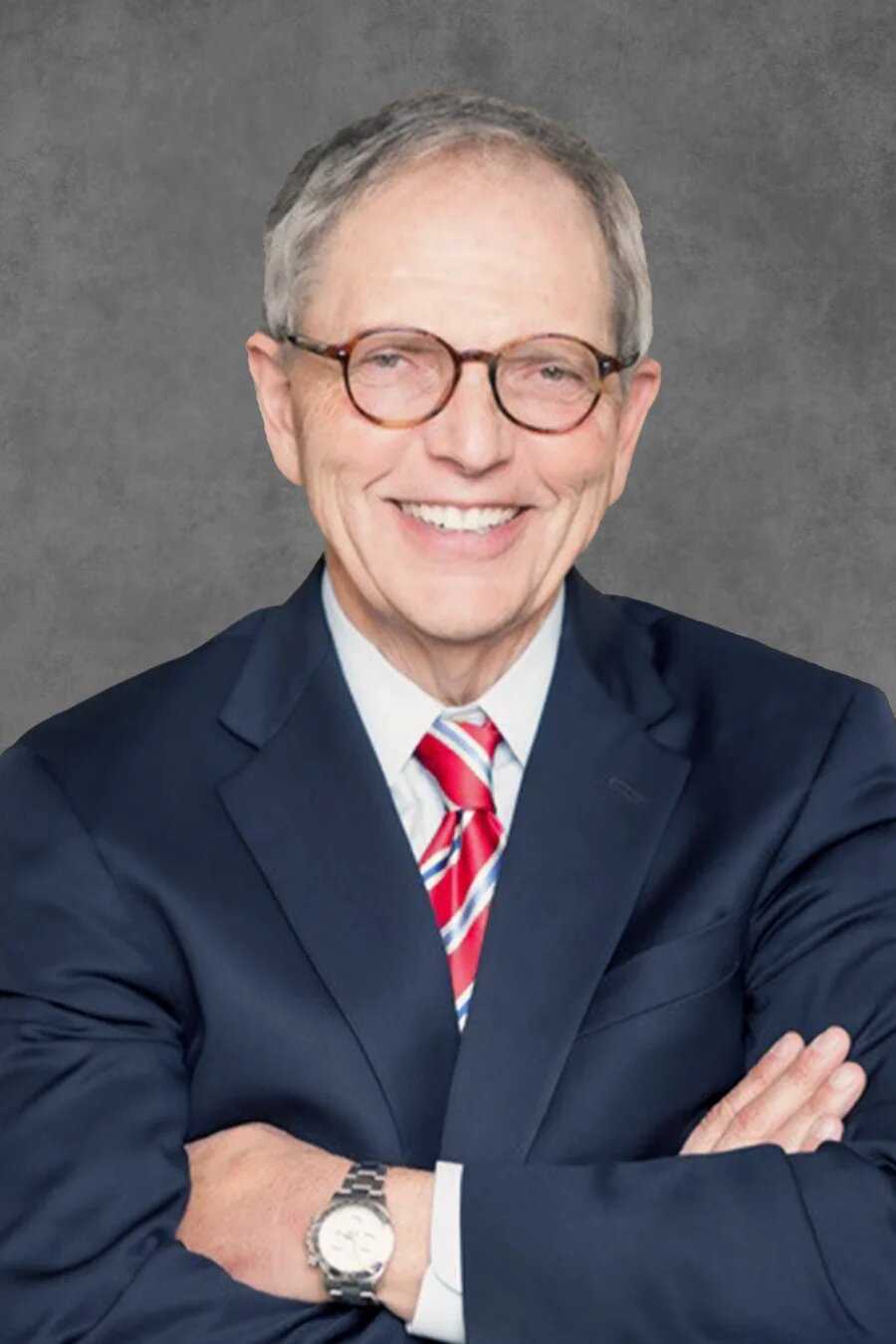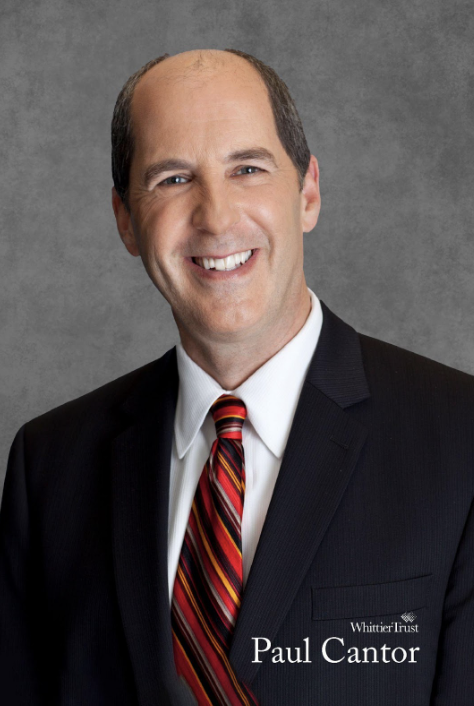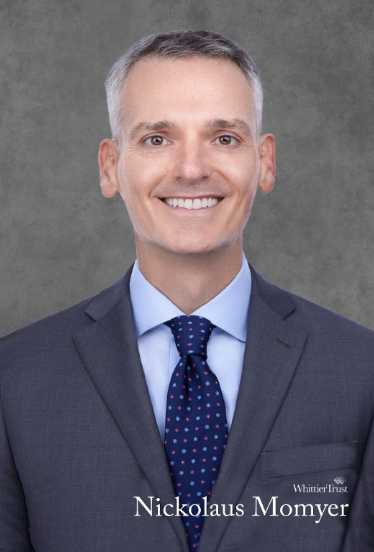By: Tom Suchodolski, Assistant Vice President, Client Advisor, Whittier Trust
Financial planning during periods of relatively higher interest rates is certainly not elementary. In a low interest rate environment, the opportunities for wealth transfer seem boundless; one can seemingly draw from a myriad of strategies and have a high likelihood of success. A high interest rate environment, however, all but eliminates the effectiveness of such. In particular, strategies that involve intra-family loans or installment sales are negatively impacted by high interest rates. A Grantor Retained Annuity Trust (GRAT) is one of the few exceptions.
A GRAT does not seek to transfer the trust assets to the beneficiaries, but only the appreciation on those assets. Transferring only the appreciation, unlike other gifting techniques, can[1] allow for a transfer that is entirely gift and estate tax-free. For this reason, GRATs are particularly attractive for those who have already transferred assets equal to (or more than) their lifetime gift tax exemption of $12.92 million per person. GRATs may also be a good fit for those who are undecided on how they would like to use their lifetime gift tax exemption.
A GRAT is an irrevocable trust, yet it contains characteristics that are contrary to the very essence of an irrevocable trust. For example, by definition, in an irrevocable trust, the grantor relinquishes his or her ability to change it. However, for a trust to be considered a grantor trust for income tax purposes (i.e. the grantor pays the taxes incurred by the trust), certain features must exist. This includes, but is not limited to, grantor powers such as adding and changing the trust beneficiaries, or the power to substitute the trust assets with other assets of equal value. The ability to substitute trust assets in a GRAT should not be overlooked.
Functionally, the interest rate at GRAT inception is meaningful. You may be familiar with the Applicable Federal Rate (AFR), which is the minimum interest rate that the Internal Revenue Service allows for private loans and is published monthly based on current interest rates. GRATs utilize another monthly interest rate known as the Section 7520 rate. By definition, this is the AFR rate for determining the present value of an annuity. It is also known as the hurdle rate and can be perceived as the IRS projection for appreciation on the assets contributed to the GRAT.
For a GRAT to be successful, the trust assets must appreciate more than the annuity stream. This is why GRATs are particularly successful in a low interest rate environment when the Section 7520 rate is low. However, GRATs can still be fruitful in a high interest rate environment. The current market conditions could be viewed as favorable for GRAT creation due to the repressed prices of assets—most publicly-traded securities are trading at significant discounts due to lower valuations. As of this writing, the Section 7520 rate is 4.40%. A GRAT created today can successfully transfer wealth to the beneficiaries if the assets contributed appreciate more than 4.40% over the GRAT term.
So how do you go about actually creating a GRAT? First, identify the assets you wish to fund the GRAT with—generally either marketable securities, private company shares or real estate. Then you must engage an estate planning attorney to draft the GRAT agreement. This document will contain key provisions such as the funding amount, the annuity term, the annuity payments back to the grantor and the trust beneficiaries. It would be prudent to consider utilizing a “zeroed-out” [1] GRAT strategy, for which the annuity payments bake in the hurdle rate. These annuity payments will be considered in good standing with the IRS as long as they do not increase by more than 120% of the prior year’s payment. There’s an alternative Section 7520 interest rate applicable for these purposes (this rate is 4.45% as of this writing versus the 4.40% standard Section 7520 interest rate).
It’s important to note that success can be contingent on selecting the best assets to fund the GRAT, but an unsuccessful GRAT shouldn’t necessarily be considered a loss. If the contributed assets do not appreciate more than the hurdle rate, those assets are simply transferred back to the grantor. Keep in mind, however, that you will incur administrative expenses to implement the strategy, including, but not limited to, fees paid to the attorney who drafted the trust agreement and valuation expenses should you choose to contribute private company shares to your GRAT. While it may be tempting to fund a GRAT with family business stock, some experts opine that GRATs funded with marketable securities are more likely to succeed than their counterparts, as valuation expenses can be quite costly. A pre-initial public offering stock would be a notable exception.
Even in a high interest rate environment, there is one GRAT strategy that is highly likely to succeed. This strategy is known as “rolling GRATs”, which can be defined as a series of short-term (read: 2-year) GRATs, for which each subsequent GRAT is funded by the annuity payments from the preceding GRAT. This strategy reduces mortality risk versus implementing one longer-term GRAT, which is one of the key considerations for any GRAT. The grantor of a GRAT must survive the annuity term. Otherwise, the contributed assets and their appreciation are clawed back into the grantor’s estate. Rolling GRATs also spread out interest rate risk, as each subsequent GRAT would have a new hurdle rate.
Functionally, a rolling GRAT strategy would operate as follows:
- Execute the trust agreement with a 2-year annuity term and a zeroed-out[1] annuity payment schedule. Assume an agreement date of March 15, 2023, a contribution of assets with a fair market value (FMV) of $2,000,000 and the current 120% Section 7520 hurdle rate of 4.45%. For your GRAT to be successful, the GRAT assets therefore must appreciate to $2,089,000 by March 15, 2025.
- The first-year annuity payment, made on March 15, 2024, should be 47.47729% of the initial FMV of the contributed assets. This allows for a second-year annuity payment percentage to be 120% of the first-year annuity payment percentage and for both annuity payments to total the FMV which beats the hurdle rate ($2,089,000). Therefore, the March 15, 2024 payment is calculated to be $949,546.
- If you funded your GRAT with marketable securities, you would calculate the FMV of the GRAT on March 15, 2024, and transfer shares with an FMV of $949,546 to a new GRAT with an agreement date of March 15, 2024, which also has a 2-year annuity term. The hurdle rate would be the Section 7520 interest rate on March 15, 2024. Should you have chosen to fund your GRAT with, for example, real estate family business stock, you would engage an expert to perform a valuation as of March 15, 2024, and transfer an interest with an FMV of $949,546 from the initial GRAT to the new GRAT.
- Given that the first-year annuity payment percentage is 47.47729%, the second-year annuity payment should be 56.97271% of the initial FMV, which is 120% of the first-year annuity payment percentage and calculated to be $1,139,454. When you add both annuity payments together, they total $2,089,000, meeting the hurdle rate.
- Should the FMV of your initial GRAT be greater than $1,139,454 on March 15, 2025, this would make it a successful GRAT. You would then apply the same exercise that was performed at the end of year 1, calculating the FMV of the initial GRAT on March 15, 2025 and transferring shares with a FMV of $1,139,454 to another new GRAT with an agreement date of March 15, 2025. The shares remaining in the initial GRAT after the second-year annuity payment can now be transferred to the GRAT beneficiaries free of gift and estate tax. Again, do keep in mind, should you have chosen to fund your GRAT with harder-to-value assets, you would need to obtain yet another appraisal as of the end of the initial GRAT term. Avoiding the expense of obtaining three valuations for your initial GRAT (and then annually thereafter for each of the new GRATS) makes for a compelling argument to consider funding your GRAT with marketable securities rather than illiquid assets.
[1]: Only a “zeroed-out” GRAT eliminates all possibility of a taxable gift. A Zeroed-out GRAT is one where the present value of the annuity of the grantor’s retained interest is equal to the full value of the property initially transferred to the GRAT. Essentially, the hurdle rate is baked into the annuity payments.
From Investments to Family Office to Trustee Services and more, we are your single-source solution.



 Whittier Trust announces the retirement of Paul Cantor after 13 years of extraordinary service and commitment as Executive Vice President, Client Advisor, and Northwest Regional manager.
Whittier Trust announces the retirement of Paul Cantor after 13 years of extraordinary service and commitment as Executive Vice President, Client Advisor, and Northwest Regional manager.


